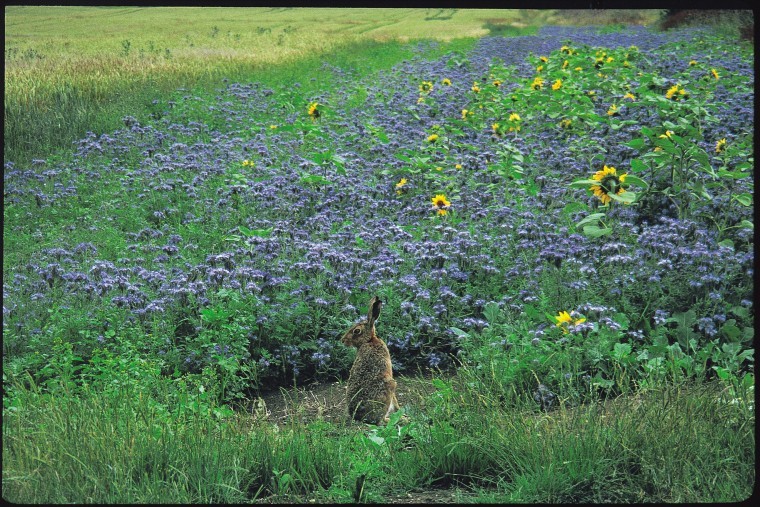Founded by three independent charitable organisations – the Daylesford Foundation in Gloucestershire, the Organic Research Centre in Berkshire and the Hampshire based Game and Wildlife Conservation Trust’s Allerton Project – Agricology aims to provide farmers with the best practical information on ecological techniques, via a website www.agricology.co.uk, on social media, and through on farm events. The Daylesford Foundation is spending £500,000 on the project over the next five years.
Agricology is guided by an agriculture and horticulture steering group. Together, they represent farming methods including organic, integrated conventional, biodynamic, agroforestry and permaculture.
Topics covered by Agricology’s resources include improving soil structure, quality and health; minimising pressures of pests, diseases and weeds; using grassland and home grown feeds for livestock; reducing antibiotic use; and encouraging biodiversity, notably pollinators and other beneficial insects.
Agricology also features inspirational farmer and grower profiles, which are designed to stimulate farmer led innovation and help spread expertise.
Richard Smith, senior farms manager at Daylesford and chairman of the Agricology steering group said: “Each farm has its own environment, yet often advice is too generic or can be driven by a particular agenda. By following Agricology, a farmer has access to the best available information, which may be the latest agri-tech advancement or a traditional skill. Most importantly, it is honest, practical and user friendly.”
The steering group consists of: Centre for Agroecology Water and Resilience; DEFRA; the Duchy College; the Farming and Wildlife Advisory Group; Garden Organic; Linking Environment and Farming; Natural England; the National Institute of Agricultural Botany; Organic Farmers and Growers; Rothamsted Research; Scotland’s Rural College; and the Soil Association.
Pictured: Farmland can provide for wildlife as well as people and do it better for both. Photo: Malcolm Brockless, GWCT




